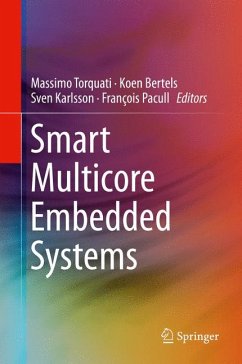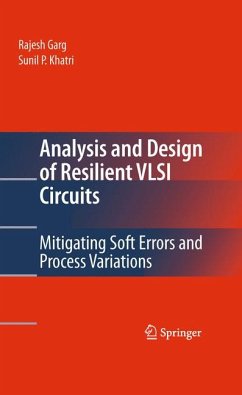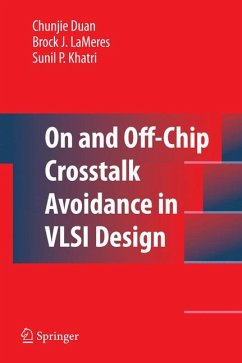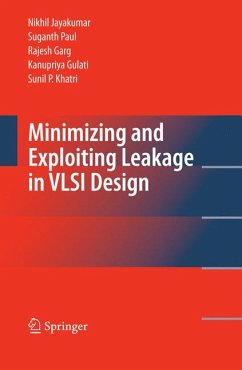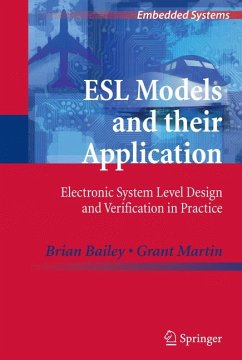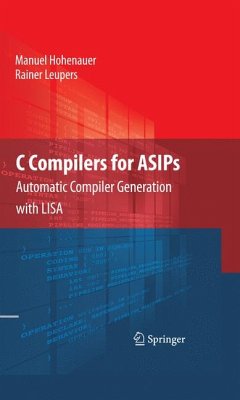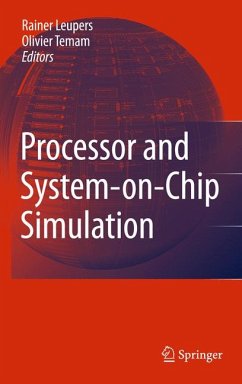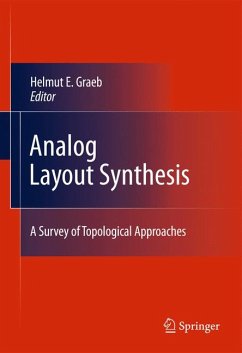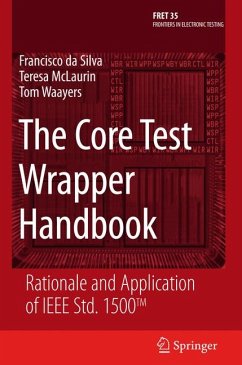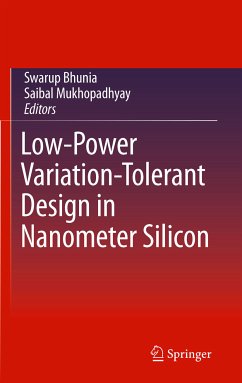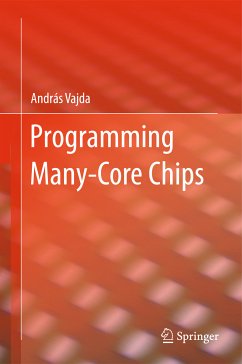
Programming Many-Core Chips (eBook, PDF)
Versandkostenfrei!
Sofort per Download lieferbar
72,95 €
inkl. MwSt.
Weitere Ausgaben:

PAYBACK Punkte
36 °P sammeln!
This book presents new concepts, techniques and promising programming models for designing software for chips with "many" (hundreds to thousands) processor cores. Given the scale of parallelism inherent to these chips, software designers face new challenges in terms of operating systems, middleware and applications. This will serve as an invaluable, single-source reference to the state-of-the-art in programming many-core chips. Coverage includes many-core architectures, operating systems, middleware, and programming models.
Dieser Download kann aus rechtlichen Gründen nur mit Rechnungsadresse in A, B, BG, CY, CZ, D, DK, EW, E, FIN, F, GR, HR, H, IRL, I, LT, L, LR, M, NL, PL, P, R, S, SLO, SK ausgeliefert werden.



